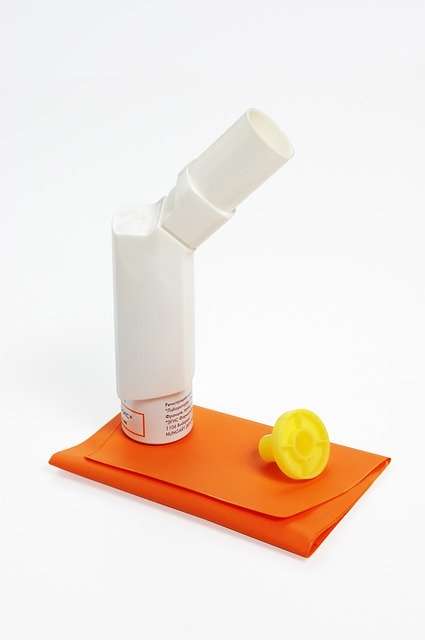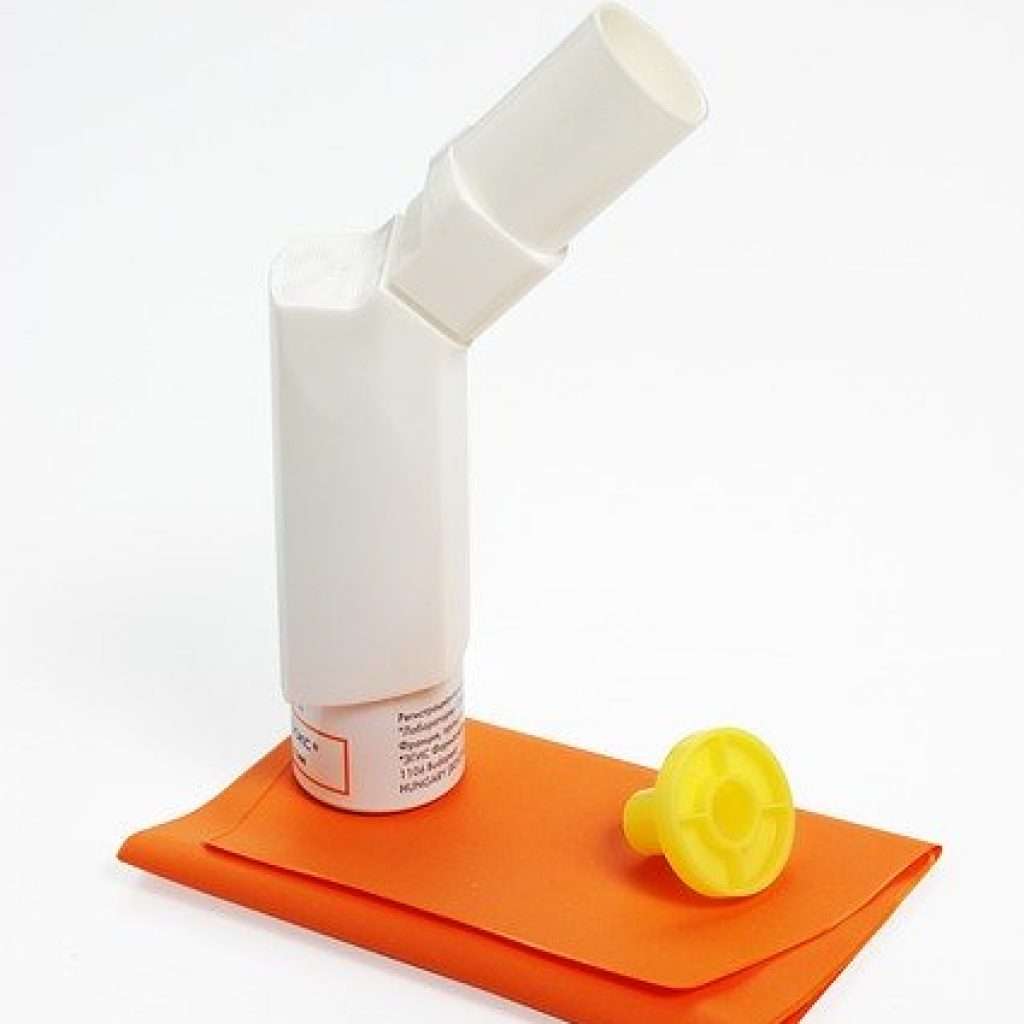
Asthma doesn’t discriminate; it affects individuals of all ages, backgrounds, and walks of life. While seeking medical advice is crucial, adopting a vigilant approach to detect worsening symptoms is equally important. This article presents a multi-tiered approach, offering various techniques to help control asthma symptoms and reduce the risk of attacks.
1. Minimize Exposure to Cleaning Products: Cleaning products often contain chemicals that can trigger asthma symptoms and exacerbate attacks. Opt for natural cleaning alternatives to reduce your exposure to harmful chemicals. These alternatives are effective for cleaning and are less likely to induce asthma-related complications.
2. Be Mindful of Medications: Certain prescription medications, such as aspirin and NSAIDs, have the potential to trigger asthma symptoms. Additionally, beta blockers commonly found in medications for controlling high blood pressure may be sensitive to asthmatics. Keep your healthcare provider informed about all your chronic conditions and medications to ensure appropriate asthma management.
3. Practice Forceful Exhalation: For moderate asthma attacks, practice forceful exhalation to help clear airways. Exhale forcefully and rapidly, followed by inhaling in three short breaths and one deeper breath. This rhythmic breathing pattern helps you focus on your breaths, empty your lungs of air, and facilitate the intake of oxygen-rich air. Despite potential coughing and sputum production, this technique aims to open airways and restore regular breathing patterns.
4. Correct Inhaler Usage: Proper inhaler use is essential for effective asthma management. Find a quiet space, follow manufacturer instructions, and administer the inhaler as directed. Inhale the medication as you breathe in and hold your breath for at least 10 seconds to allow the mist to reach your lungs.
5. Annual Flu Vaccination: Ensure that every family member, especially those with asthma, receives an annual flu vaccine. Respiratory infections can exacerbate asthma symptoms, making prevention crucial. Adopt preventive measures such as regular handwashing, minimizing surface contact in public places, and following your doctor’s recommended vaccinations.
6. Avoid Secondhand Smoke: If you’re an asthma sufferer, steer clear of environments where people smoke. Exposure to cigarette smoke can trigger asthma attacks and compromise lung function. Stay vigilant, especially in enclosed spaces with poor ventilation.
7. Emergency Preparedness: Asthma demands preparedness. Always carry an emergency inhaler and take steps to reduce allergens and airborne dust in your home. These measures can significantly improve asthma-related symptoms and enhance overall respiratory health.

